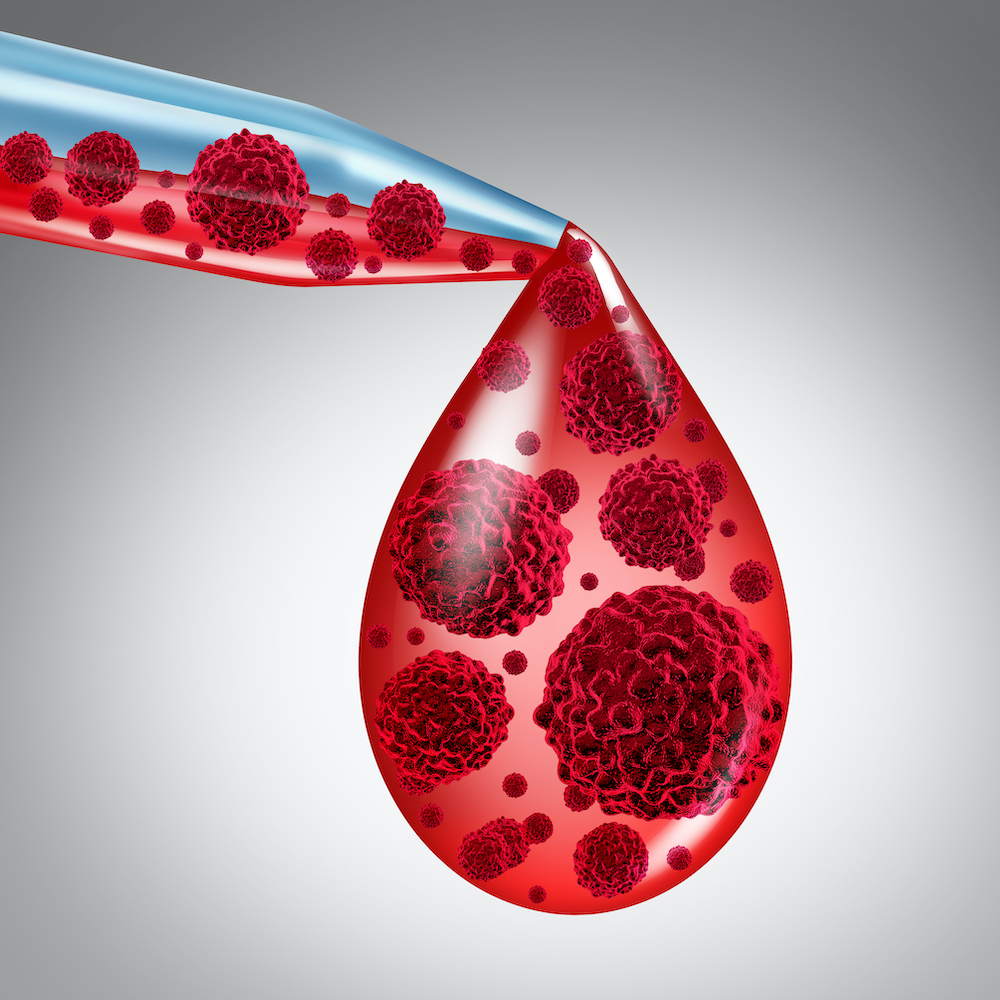New onset diabetes mellitus demonstrates a rough association with pancreatic cancer (PaC), which is unique in PaC and was named as PaC-induced diabetes mellitus (DM), but the inner mechanism remains unclear. A study sought to elucidate this mechanism. The results appeared in Molecular Biology Reports.
Researchers used the isolated exosomes from PaC cells to treat pancreatic β cells or the primary mice islets, and then measured glucose stimulated insulin secretions.
They validated the exosomal miR-19a from PaC cells to be an important mediator in the down regulation of insulin secretion by targeting Neurod1, the validated gene involved in insulin secretion, by using the quantitative real-time PCR, western blot, and promoter luciferase activity. The relative insulin, cAMP and Ca2+ expressions were also assayed to verify the inverse correlation between cancerous miR-19a and pancreatic islets Neurod1, the researchers noted.
“Our study indicated that signal changes between cancer cells and β cells via exosomes might be important in the pathogenesis of PaC-induced DM and supplemented the pathogenesis of PaC-induced DM and provide a possible access of PaC screening strategy,” the researchers concluded.
Keywords: Exosome, Pancreatic neoplasm, miR-19a, β cell dysfunction









